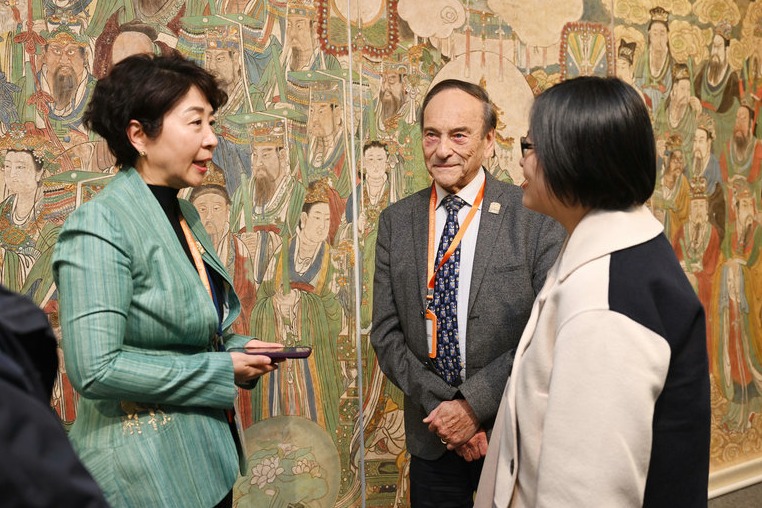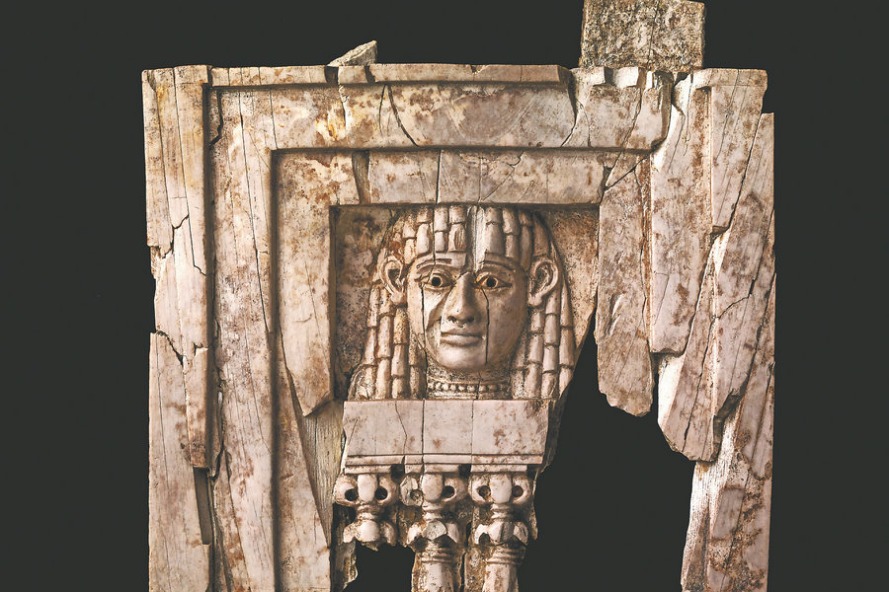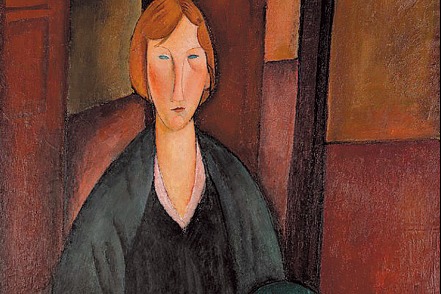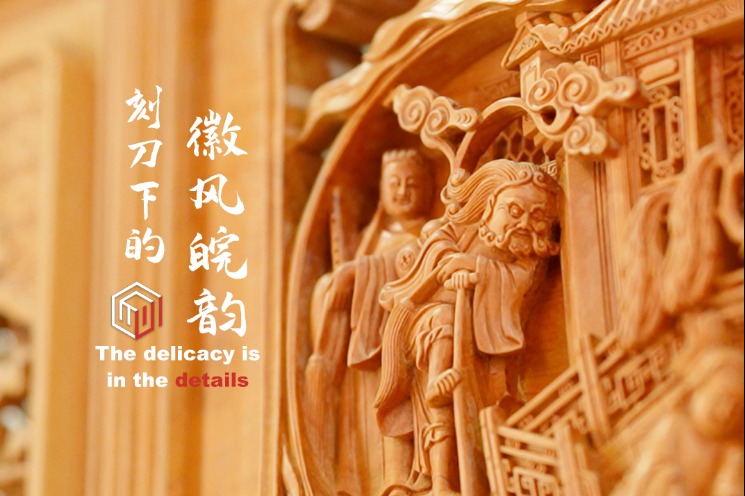Roads paved with silk


Nourishing exchanges
Beyond beverages, panelists agreed that it's not just such tableware but also the foods that grace them that nourish the Silk Road's legacy.
"So, I would say the Silk Road is still like those mediums of connections, not just in terms of space but also in terms of time, because we still use them today," Festa says.
She points to such spices as cinnamon from Sri Lanka and peppercorns from India, and fruits like apricots from China, as foodstuffs that were initially exported along the Silk Road and are now enjoyed by people around the world.
"We have also the transportation of cereals … wheat from, let's say, the West to the East, as well as millet from the East to the West," she says.
This generated some of the most celebrated delicacies in Xi'an, then called Chang'an, which served as the capital of 13 dynasties and a starting point of the Silk Road.
"The gift of the Silk Road became the most favorite Shaanxi dish. So, it's a very vivid example," Xi says.
"The most famous Shaanxi dish is yangrou paomo or niurou paomo, which means beef or lamb stew with bread."
He points out that cattle, sheep and goats, as well as wheat, were introduced to China from western Asia about 4,500 years ago.
These livestock also provided meat for kebabs, which came from Persia, he says.
"Also, northern China, especially this region, is very famous for the noodles usually made from wheat flour," Gilbank says.
Xi says: "The 'yellow route' enabled the invention of naan bread as we have it now."




































